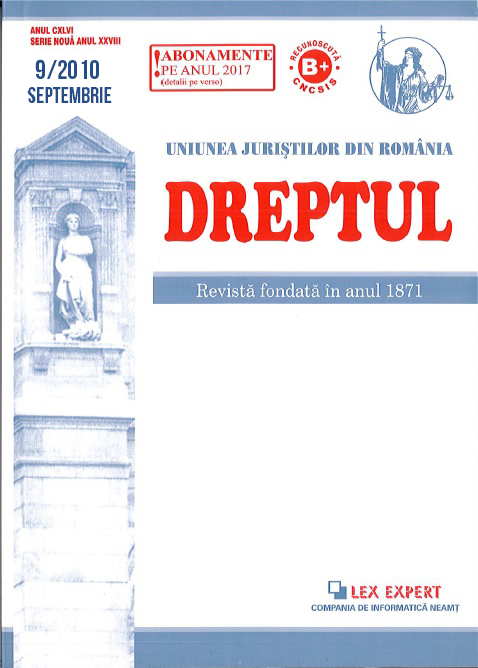The study begins with defining the pre-contractual period and with revealing its importance in the process of forming the contracts by free negotiations or, as the case may be, by conventionally organized negotiations. The deontology of negotiations for the formation of contracts is also defined. It follows from this definition that, mainly, the content of the deontology of free pre-contractual negotiations is made up of the obligations with value of limits of the freedom to negotiate. These obligations or limits are of two types: some of them are legal, being expressly provided by law, by imperative norms or, as the case may be, by dispositive norms, and others implicit. At the core of these obligations is the mandatory legal obligation of the negotiating partners to comply with the exigencies of good faith. Good faith is a proteiform concept or notion, a standard with the value of a general principle, flexible and open, which makes it possible to adapt it to the concrete circumstances and conditions of the formation and execution of each contract. Thus, in the matter of concluding contracts, good faith governs any pre-contractual negotiations, whether they are free or are conventionally organized. Moreover, this obligation is expressly, clearly and imperatively established
in the texts of Article 1183 of the Civil Code, being an application of the general principle of good faith in contractual matters, established with special force in Article 1170 of the Civil Code, corroborated with Article 14 of the Civil Code, which concerns the exercise of any right and the execution of any obligation.
Being a complex notion, a concept with a proteiform structure and flexible in its content, good faith is the source of the origin and of the existence of the other rules and obligations that make up the content of the deontology of free negotiations for the progressive formation of contracts. From among these obligations there are analyzed the following: the obligation of pre-contractual information, the obligation of confidentiality, the obligation of counselling, the obligation of prudence or abnegation, the obligation of exclusivity, the obligation of coherence and the obligation of cooperation. The author tries to argue that some of these obligations, especially the implicit ones, have as a foundation and source, in addition to the general obligation of good faith, also the principle of contractual solidarism.
DESPRE DEONTOLOGIA NEGOCIERILOR LIBERE PENTRU FORMAREA CONTRACTELOR
15.00lei


